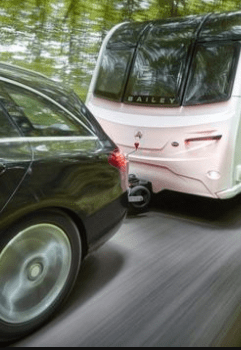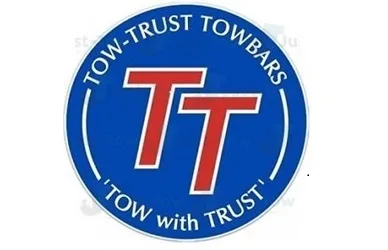Winter is coming but people still need and want to tow their caravans and
trailers. So what things do you need to know before towing in the UK during winter?
Pre-Trip Tips
Before hitching up and heading off on a journey always check what the
weather prediction is for the areas you are going to drive through. It’s not
uncommon in the UK to have three seasons of weather in one day, especially
between the months of October and March. If bad weather is predicted then if
possible delay your journey.
Plan your journey. If possible stick to main routes and avoid high or
exposed areas.
Heavy rain, strong winds, ice, and snow can be a nightmare if you’re towing
anything, so it’s best to be prepared.
Make sure your tow vehicle is ready for the bad weather. Check the oil
level, the lights, that the tyres have good tread and are inflated to the
correct pressure. Make sure your wipers are in good condition. (There are
plenty of people driving around with split wiper rubbers.)
Check your caravan or trailer for faults. Tyres need to be less than five
years old, free from any damage, have plenty of tread on them and be inflated
to the required pressure. Check the brakes are functioning correctly.
Carry essential kit in your vehicle, such as blankets, food, a shovel for
clearing snow. A tow rope can also be useful if you’re stuck in snow.
Hitch up your caravan or trailer and test the lights, this includes reverse
lights and the rear fog on your trailer or caravan. Before completing your
trailer check make sure the ATC, if fitted, is lighting up green and that the
caravan / trailer is hitched to the vehicle correctly. Ensure the break away
cable is connected to the tow bar and attached according to the manufacturer’s
instructions.
Towing in Bad Weather
Always drive to the road conditions. In snow, sleet, fog and heavy rain you
need to slow down. Remember, stopping distances are massively increased when
towing, and even more so when towing in Winter weather.
If visibility is reduced then use your fog lights.
If there’s snow or ice on the road then your driving skills will be put to
the absolute limit. If you have no option but to travel then you need to drive
slow and smoothly, if you are driving a 4 x 4 then getting traction will be a
lot easier, stopping will be just as tricky as a standard two wheel drive
vehicle. When driving downhill use the vehicle’s gearing to hold your speed
back. You don’t want to be increasingly tightening your buttocks while praying for help as you fly down the hill like you’re at the front of a bob sleigh on the Cresta run, so if it looks too dicey then find an alternate route.
Cross winds can be a little scary when towing a large trailer or caravan.
Try to avoid roads that are exposed and keep you speed down. Drive steadily
with no fast acceleration or slowing down. If you do get caught out and your
trailer starts to sway then keep your steering wheel straight and smoothly slow
down. until it stops. Don’t brake hard or accelerate as this will increase the
problem. In many cases trailer sway can be illuminated by making sure that 60
per cent of the trailer / caravan weight is forwards of the trailer / caravan
wheels.
Towing a caravan or trailer through bad weather is never a good idea. Always
try and avoid being in the situation where you’re putting yourself and other
road users at risk. I guess that’s easy to say unless you end up having no
option. Always try and be one step ahead, plan your route according to the
weather forecast, always make sure your vehicle and caravan trailer are in top
condition and always drive to the road conditions.
Be safe and tow with care.
Team Ultimate Towbars









